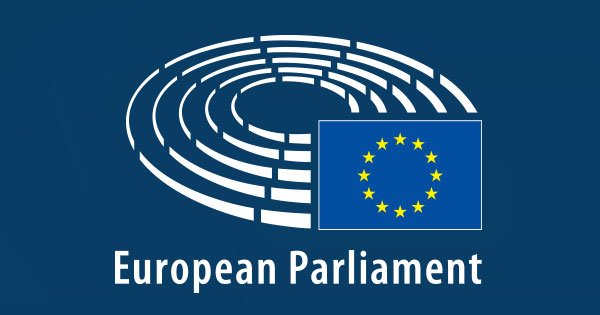www.europarl.europa.eu
The Industry, Research and Energy Committee adopted its position on the proposed revision of the Energy Performance of Buildings Directive (EPBD) by 49 votes to 18, with 6 abstentions.
Its main objectives are to substantially reduce greenhouse gas (GHG) emissions and energy consumption in the EU building sector by 2030, and make it climate neutral by 2050. It also aims to increase the rate of renovations of energy-inefficient buildings and improve information on energy performance.
Emissions-reduction targets
According to the adopted text, all new buildings should be zero-emission from 2028, while new buildings occupied, operated or owned by public authorities from 2026 (the Commission proposed 2030 and 2027 respectively). All new buildings should be equipped with solar technologies by 2028, where technically suitable and economically feasible, while residential buildings undergoing major renovation have until 2032 to comply.
Residential buildings would have to achieve at least energy performance class E by 2030, and D by 2033. Non-residential and public buildings would have to achieve the same classes by 2027 and 2030 respectively (Commission proposed F and E).
National measures and derogations
All measures needed to achieve these targets would be established by each member state in national renovation plans. To take into account EU countries’ diverse building stocks, the letter G should correspond to the 15% worst-performing buildings in the national stock.
Monuments…
